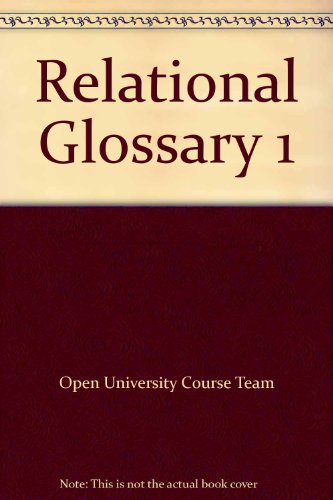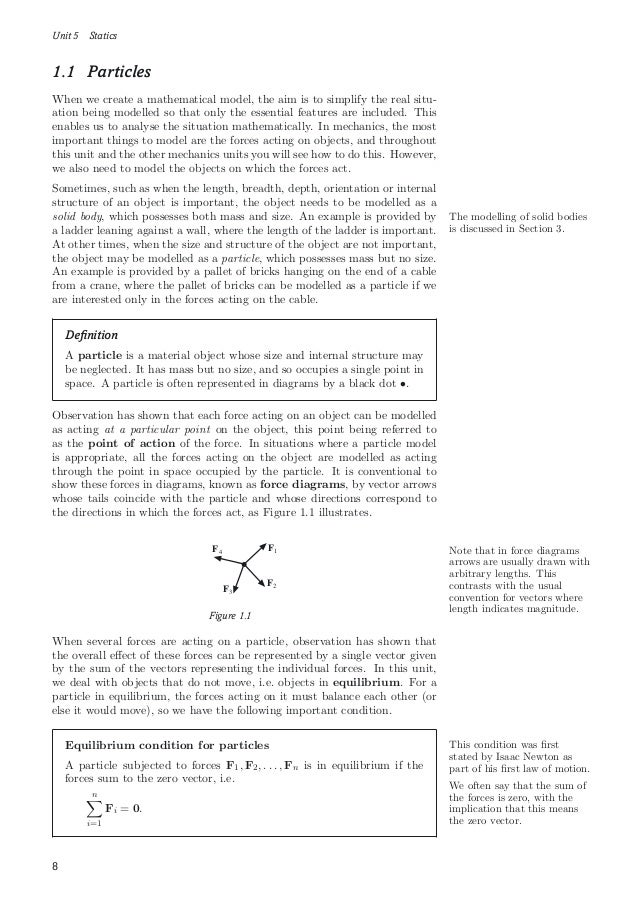Mst209 Mathematical Methods And Modelling
Revision day essentials – revising in 1 day is not recommendedThis week was the exam for my level 2 OU module on methods, models and modelling. This was a compulsory module, but had it not been I would have never chosen it. The module has been mostly applied maths, which has been really interesting, but what’s been a problem for me has been the mandatory team work modelling exercise, which makes up 16% of the continuous assessment. So much so, that I lost motivation to do the final TMA or revise for the exam as much as I wanted to. I thought it would be worth a short reflection on why I disliked this aspect so much (especially as it led to a when it came to revision).Mathematical modelling is important, really important. If you’re going to use maths in any real world application, you really need to understand how to create, test and revise models. This is a given.
Mst209 Mathematical Methods And Modelling Services
However, I was uncomfortable with how this is enforced for MST210.One of the problems with the OU compared to traditional universities is that you don’t have the sense of community with your classmates. There are face to face tutorials, but they’re not mandatory and, if you wish, you could do the entire course without ever speaking to anyone else.
With other (non-maths) courses there are residential schools and group exercises and even part of your module score for being active on the forums, and it appeared that there was a need to include group work into the maths modules.While I’m not the most extroverted person in the world, I don’t consider myself socially awkward, but when it comes to academic attainment, I have a very strong sense of wanting to be measured on my work and not wanting to affect or be affected by anyone else. As a result I admit I had a pre-conceived reticence against the process.An earlier TMA had two questions where we had to mark fake reports using a tutors mark scheme. The results from this exercise also contributed to our overall score. While tutors get considerable feedback on marking we had one go. Unlike normal mathematics where marks are awarded for result and correct method, marking modelling reports is subjective, “did the student state the problem clearly?”. I did not choose to study maths for subjectivity, and it’s why I regretted taking DB123 as my “spare” level 1 module.With the uncomfortable feeling of subjective exercises in a TMA fresh in my mind we were assigned groups by the tutors. I’m not sure how these groups were allocated, but there was no concept of geographical closeness.
I was told I was in a group of 5, one of which couldn’t contribute to the forums for valid reasons, meaning that there would be four of us making the model. We had a private forum and wiki. Myself and one other introduced ourselves. Of the remaining two, they didn’t even bother saying hi so I can only assume they’ve either dropped out or decided that the marks for contributing weren’t worth the effort. My hackles were again raised by the thought of individuals taking my work and passing it off as their own without being part of the process.


This made me reticent to post too much. I heard about other groups having calls, screen shares and even in person meets. For my group there was nothing. After a week, I found I was talking to myself – even the other person had stopped posting and I discovered that I was posting all my ideas for no net gain.Like most people doing OU courses, I’m pretty busy, so the motivation to write up thoughts and take the time to post them for the benefit of the group when I was getting nothing in return just wasn’t there. I spoke to my tutor about it and then team members were “nudged” to no avail.The actual maths of the model we had to create were pretty easy, which may have been the cause for the lack of engagement. However as a group we could have done far more varied experiments to test our model and even each worked on different revisions. This would have made all our reports much richer.Since attendance at tutorials is not mandatory, the OU has no way to enforce collaboration without changing the distribution of marks for the TMA.

This would then start to detract from the maths itself. I’m not sure how to fix this.The point of the group task is to show teamwork and collaboration for future employers. As an employer, I can get this during the interview stage in other ways and would never assume from a line with a degree on their CV that individuals had this sort of experience – it’s usually clear elsewhere. Maybe this could be an elective TMA which does not count to your over all classification but shows the skills. This way, those who were engaged enough to collaborate would get the most out of it. Similarly, I would never ask my team to all do the same thing – as a manager I assign tasks based on skills and/or aspiration and then combine the results, so the actual task itself is not a good representation of how things work in business.Doing the depth of model that I wanted on my own took a long time, so I was behind on the study of the last three modules and the final TMA, with a real lack of motivation for it.
I was pretty annoyed and burned out. I did the final assignment with two sessions at a soft play centre while my daughter played, but didn’t read the chapters other than to find relevant examples.At noisy soft play centre, have coffee TMA08 let’s do this!— Dr Janet Bastiman (@Yssybyl)Surprisingly, I got a decent mark on both the modelling assignment and the final TMA, so much so that I felt somewhat motivated for the exam with less than a week to go. Really not enough. I know that had the modelling report mark been low enough to drop down my overall assessment mark (which directly contributes to the overall result ) then I’d’ve not bothered much with the exam. Where’s the motivation to do your best when it doesn’t make a difference? However, with my new found motivation I was in the same situation as last year – a looming exam for which I’d done no preparation.I managed the MST209 past papers untimed on my commute (when I got a seat) and did the handbook annotations as necessary, and then the day before the exam I did two past papers under exam conditions, and the practise quizzes. Finally, the morning before the exam I did the specimen paper.Difficult to do a timed paper as revision when the needy kitten can’t leave you alone 😉— Dr Janet Bastiman (@Yssybyl)Really not a good approach, but the exam itself seemed to go okay and I’m feeling pretty confident.
Results are out in the middle of July. I’m also looking forward to being able to, which is where the really interesting modules are and I’ve not chosen which ones yet.
Not just in the OU, I know several people who have been examiners at multiple levels. I’m not going to go into detail on the model as it may be reused in future years. Your module classification is the lower of your exam result or your overall assessment, although in reality most people do better on overall assessment as it’s not time limited. In a coffee shop inside a cinema near the exam venue. This was actually a really good place to revise as cinemas have plenty of parking, food, and are pretty quiet on weekday mornings.
Book Description. Condition: Very Good. Mathematical Modelling - Block 2 This book is in very good condition and will be shipped within 24 hours of ordering. The cover may have some limited signs of wear but the pages are clean, intact and the spine remains undamaged. This book has clearly been well maintained and looked after thus far. Money back guarantee if you are not satisfied. See all our books here, order more than 1 book and get discounted shipping.
The enduring vision 7th edition. Seller Inventory # 77252823.